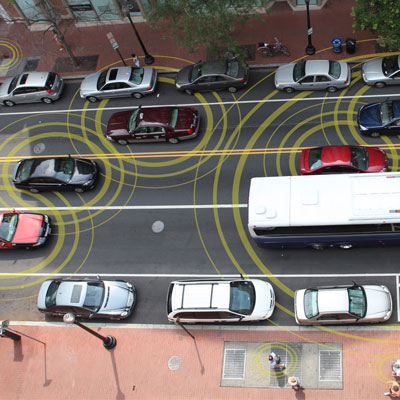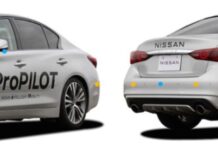A driverless car bill that had been speeding through the Senate hit a speed bump in the upper chamber this week.
The measure was set up under a fast-track process with the hopes of getting it over the finish line this year, but multiple senators are blocking the legislation from moving forward.
“Some folks have some holds on it. There are some folks who have some issues,” Sen. Gary Peters (D-Mich.), one of the bill’s sponsors, told The Hill. “We’re going to keep working on it.”
The measure, which would remove obstacles for getting more self-driving cars on the road, is currently being “hotlined” in the Senate — a process that allows bill sponsors to informally identify any potential concerns with the legislation and gauge whether the proposal could pass the chamber unanimously.
The goal of the legislation is to help the car industry speed up the deployment and testing of autonomous vehicles by gradually waiving traditional automobile standards — like steering wheels and brake pedals — for up to 80,000 vehicles.
Under the bill, the Department of Transportation would have the authority over for setting industry safety standards, pre-empting a patchwork of varying state laws. State and local authorities will still continue to govern traffic safety, vehicle registration and law enforcement issues.
Congress has been racing to address autonomous vehicle technology with automakers pledging aggressive timelines to bring self-driving cars to the market. There are currently no federal safety standards specifically governing driverless vehicle technology, including software and sensors.
Across the Capitol, the House already passed its own driverless car legislation and has been awaiting action in the Senate.
But there are multiple lawmakers who have put a hold on the Senate’s bill, including Sens. Ed Markey (D-Mass.) and Richard Blumenthal (D-Conn.), according to Bloomberg.
Markey wants to strengthen provisions regarding automotive defects, cyberattacks and consumer privacy, his office said. And Blumenthal has expressed safety concerns with the legislation.
Consumer advocates worry that the bill’s exemption language is too broad and would allow manufacturers to opt out of safety features like air bags. They also worry that the legislation will allow manufacturers to rush to market before the technology is ready.
During the committee markup, Blumenthal offered and withdrew, an amendment that would have required a driver to be behind the wheel of an autonomous vehicle, even for the most advanced cars that are supposed to be fully autonomous.
But bill sponsors, including Senate Commerce Committee Chairman John Thune (R-S.D.), say that provision would have undermined their entire effort.
Other holds on the measure could be in place simply to give some lawmakers more time to read through the bill and understand its impact.



























